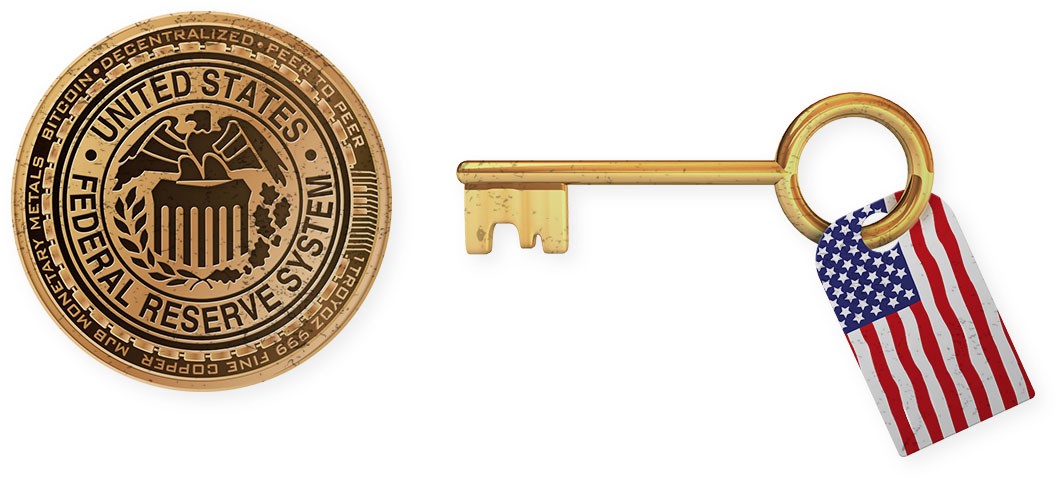PALO ALTO, Calif. (Reuters) - The Federal Reserve is looking at a broad variety of issues around digital payments and currencies, including policy, style and legal factors to consider around potentially releasing its own digital currency, Governor Lael Brainard said on Wednesday. Brainard's remarks recommend more openness to the possibility of a Fed-issued digital coin than in the past." By changing payments, digitalization has the prospective to deliver higher worth and benefit at lower cost," Brainard said at a conference on payments at the Stanford Graduate School of Service.
Reserve banks worldwide are debating how to handle digital financing innovation and the distributed journal systems used by bitcoin, which assures near-instantaneous payment at potentially low expense. The Fed is establishing its own round-the-clock real-time payments and settlement service and is presently evaluating 200 remark letters sent late in 2015 about the suggested service's design and scope, Brainard said.
Less than 2 years ago Brainard informed a conference in San Francisco that there is "no compelling demonstrated need" for such a coin. However that was prior to the scope of Facebook's digital currency aspirations were widely known. Fed authorities, including Brainard, have raised issues about customer protections and data and personal privacy hazards that might be positioned by a currency that could enter usage by the 3rd of the world's population that have Facebook accounts.

" We are collaborating with other central banks as we advance our understanding of central bank digital currencies," she stated. With more nations checking out providing their own digital currencies, Brainard stated, that contributes to "a set of factors to also be ensuring that we are that frontier of both research study and policy development." In the United States, Brainard stated, issues that need research study include whether a digital currency would make the payments system more secure or easier, and whether it could present monetary stability threats, including the possibility of Great site bank runs if cash can be turned "with a single swipe" into the reserve bank's digital currency.
To counter the financial damage from America's unmatched national lockdown, the Federal Reserve has actually taken unmatched steps, consisting of flooding the economy with dollars and investing straight in the economy. Most of these relocations got grudging approval even from numerous Fed doubters, as they saw this stimulus as required and something just the Fed could do.
My new CEI Take a look at the site here report, "Government-Run Payment Systems Are Unsafe at Any Speed: The Case Against Fedcoin and FedNow," information the dangers of the Fed's existing prepare for its FedNow real-time payment system, and propositions for main bank-issued cryptocurrency that have actually been called Fedcoin or the "digital dollar." In my report, I talk about issues about privacy, information security, currency control, and crowding out private-sector competition and innovation.
Advocates of FedNow and Fedcoin say the government must produce a system for payments to deposit instantly, instead of motivate such systems in the personal sector by raising regulatory barriers. But as noted in the paper, the economic sector is offering a relatively unlimited supply of payment technologies and digital currencies to resolve the problemto the level it is a problemof the time space between when a payment is sent out and when it is received in a bank account.
And the examples of private-sector development in this location are numerous. The Cleaning House, a bank-held cooperative that has been routing interbank payments in different forms for more than 150 years, has actually been clearing real-time payments given that 2017. By the end of 2018 it was covering 50 percent of the deposit base in the U.S.